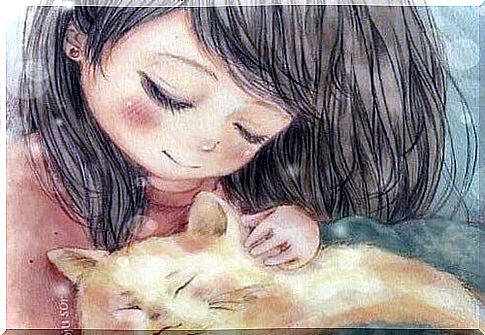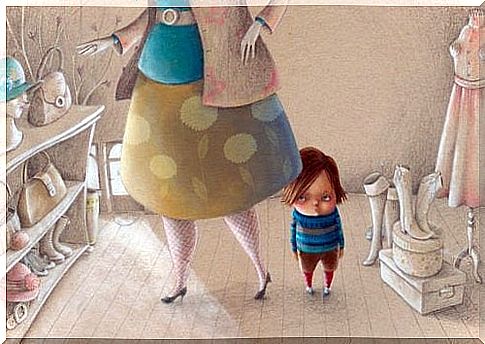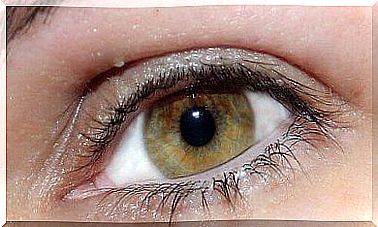Please, Thank You, Hello … Children Need To Learn Manners
We need to teach children to please say thank you and hello, because that opens many doors. This expresses respect for other people, which is of the greatest importance for everyday communication. This is the only way to be respected yourself.

Please, thank you and hello are signs of respect for others that are very important in everyday life. We have to teach our children that they can use it to open doors, enable communication and also gain respect for themselves.
Perhaps you are one of those people who have already learned in childhood that respect enables a nice togetherness and that it is necessary to treat others politely in order to be recognized yourself.
These habits should be passed on to our children as well. In this way, they can not only be an example to others, but also create a respectful social environment and ensure a pleasant coexistence.
Believe it or not: Small gestures and words can open up a whole universe.
Today we invite you to think about it with us.
The power of a little thank you – a value our children should learn
Showing gratitude, greeting someone or wishing them a good morning, asking for something kindly … all of this goes far beyond politeness.
One can achieve that children think of others and not only of themselves. Even in early childhood it is important to learn to pay attention to others and to respect their needs.
This is very important even before the age of six, but from the age of 6 it should be quite normal for everyone.
Moral Development in Childhood
When it comes to moral development, one of the most famous experts in the field is Lawrence Kohlberg.
Every child is of course very different, including siblings, but there is still a logical development in terms of the awareness of mutual respect. It is about learning norms and the recognition of others.
- In the early stages of childhood, between 2 and 5 years of age, children are usually guided by rewards and punishments. They understand that there are rules to follow in order to gain tenderness and avoid blame or punishment.
- After that, the “golden age” will undoubtedly begin. Children between the ages of 6 and 9 gradually stop being selfish about themselves.
- Between the ages of 8 and 10, a child is usually able to understand that it is about the common good, about exercising respect in order to be respected as well.
- At this age, children usually defend their friends and siblings, being aware of what is fair and what is not.
- Teenagers develop their own sense of justice and are critical of certain things that they feel are unjust or disrespectful.

Polite gestures allow you to communicate with the world
When someone gives a gift to a four-year-old, the parents usually point out: “What do you say now?”. The child reluctantly replies, “Thank you”.
- It doesn’t matter if you have to repeat this often: At some point the “thank you” will come automatically and the child will also be aware of it.
- If it uses “please” it will see classmates, for example, respond with a smile. If you say “thank you”, a classmate will respond politely.
All of this strengthens positive emotions.
- The transition from a forced thank you to a spontaneous, polite thank you is a wonderful process that is rewarded in life.
Because positive gestures and respect for other people make many things much easier.

The power of respectful upbringing
You’ve probably heard of respectful parenting, a concept developed by writers William Sears and John Bowlby.
- The need to promote the child’s natural adaptation to his environment and also empathy is emphasized. This emotional bond enables children to better understand the world, people, and themselves.
- Respectful upbringing means a healthy bond between parents and children, physical closeness, hugs, caresses, positive words and continuous communication.
- Pillars like positive words are the key to this type of education.
Therefore, one tries to promote upbringing with positive reinforcement, to make people aware of the need to be grateful, to ask politely, to be patient and to respect the rhythm with which each child learns certain things.
- In a respectful upbringing, one encourages positive emotions that are more powerful than negative ones. The human brain is always looking for stimuli in order to survive and adapt better.
So if a child discovers that a greeting, a request or a thank you makes them stronger and has a positive effect, then they will always use these forms of courtesy.
It is worth it!









